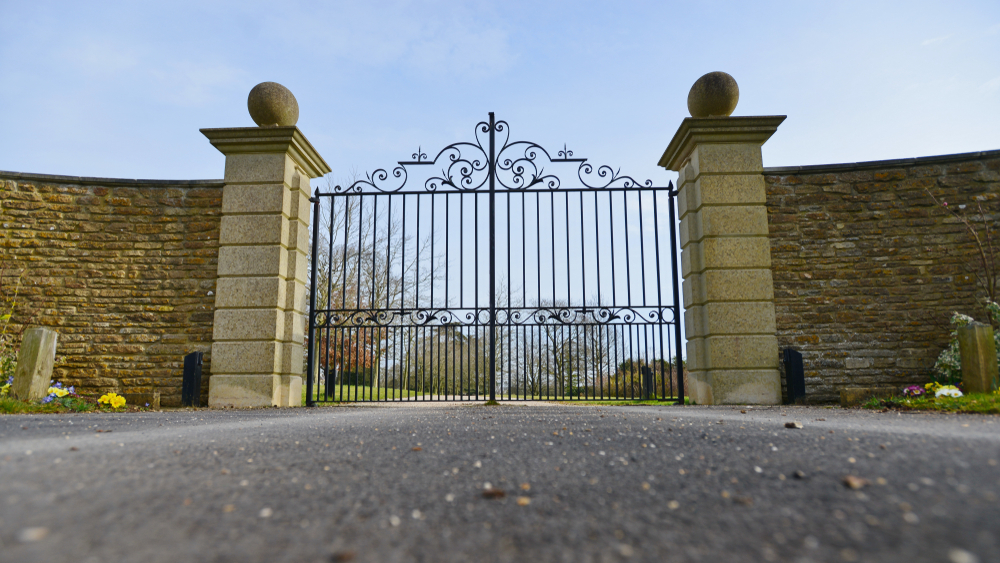
More than 347,000 communities in the United States are part of homeowner associations. These organizations can be managed by either the community or by management companies. In 2018, HOAs collected about $95.6 billion in fees from more than 73 million residents. The fees allow them to run the affairs necessary to keep the neighborhoods efficient.
If you have lived in one of these communities, you probably have an idea of some of the responsibilities of the HOAs. However, some of these may not be so clear to most people.
What Is the Purpose of an HOA?
Many communities in the United States tend to join together to help maintain aspects of their community. A homeowners' association grows from this unity of the community. The community will often develop different rules and regulations to govern the community. The home owner's association will help the community by enforcing these rules and regulations.
HOAs come up more often in planned developments than in regular neighborhoods. Neighborhoods that are likely to have HOAs are single-family homes.
What Rules Do HOAs Enforce?
Every community often comes up with a set of CC&Rs or covenants, conditions, and restrictions. When you move into a neighborhood with an HOA, requesting a current copy of the document is best. It gives a detailed description of what is acceptable in the community and what is not.
Some of the most common guidelines regard the following parent topics:
- Changes to the architecture of your home.
- Guidelines about holiday decorations and lawn ornaments.
- Home maintenance requirements.
- Policies on acceptable noise levels.
- Number of people that can reside in any given house.
- Rules about parking.
- Number and types of pets allowed in the community.
- Schedules and rules about recycling and trash collection.
- Whether you can rent out your home, for instance, as an Airbnb.
What Are the Responsibilities of HOAs?
Maintaining Common Areas
One of the primary responsibilities of an HOA to the homeowner is to maintain the common areas. Common areas include all the amenities that are accessible to all the members of the community. They are responsible for upgrading and repairing any amenities that serve the homeowners.
One such amenity could be the community clubhouse. If anything is broken in the clubhouse, the HOA is responsible for its repair. They will have one member find available contractors and negotiate the fee.
Investigate Complaints and Mediate
In every community of people, there is bound to be conflict. The HOA is responsible for investigating the cause of the conflict. They will listen to each side of the argument, and if there is, they will look at the evidence. They will then help resolve the conflict in light of the evidence and the information they have.
Managing Community Finances
As mentioned above, communities contribute fees to help the HOA run its affairs. The money collected needs to be managed correctly to serve the community's needs as they arise. All HOAs must have a treasurer to keep track of all the financial records. They track which contractor gets paid, why, and when. They are also responsible for keeping track of the contribution of community members.
For more on the common responsibilities of HOAs, visit Prime Property Group at our office in Oakland or Sacramento, California. Call (510) 201-5251 or (916) 822-9655 to book an appointment today.





